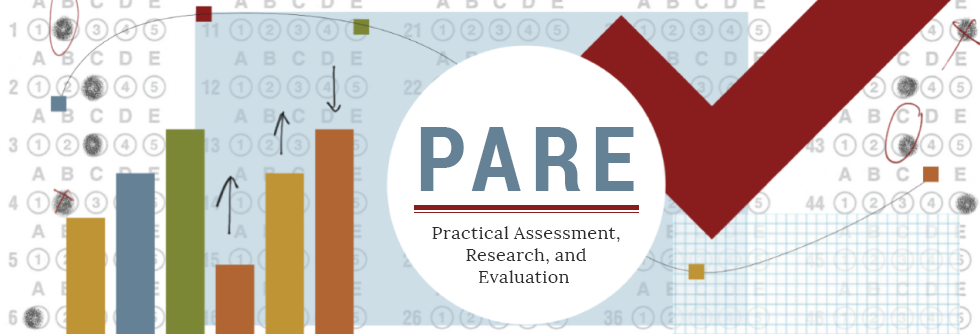Analytic or Holistic: A Study of Agreement Between Different Grading Models
- Anders Jönsson
- Andreia Balan
Abstract
Research on teachers’ grading has shown that there is great variability among teachers regarding both the process and product of grading, resulting in low comparability and issues of inequality when using grades for selection purposes. Despite this situation, not much is known about the merits or disadvantages of different models for grading. In this study, a methodology for comparing two models of grading in terms of (a) agreement between assessors (reliability) and (b) justifications for the grades assigned (validity) was used with a small sample of teachers (n = 24). The design is experimental, with teachers being randomly assigned to two conditions, where they graded the same student performance using either an analytic or a holistic approach. Grades have been compared in terms of agreement and rank correlation, and justifications have been analyzed with content analysis. Findings suggest that the analytic condition yields substantively higher agreement among assessors as compared to the holistic condition (66 versus 46 percent agreement; Cohen's kappa .60 versus .41), as well as higher rank correlation (Spearman's rho .97 versus .94), without any major differences in how the grades were justified. On the contrary, there was a relatively strong consensus among most raters in the sample. Accessed 1,563 times on https://pareonline.net from September 14, 2018 to December 31, 2019. For downloads from January 1, 2020 forward, please click on the PlumX Metrics link to the right.
Keywords: Student Evaluation
How to Cite:
Jönsson, A. & Balan, A., (2018) “Analytic or Holistic: A Study of Agreement Between Different Grading Models”, Practical Assessment, Research, and Evaluation 23(1): 12. doi: https://doi.org/10.7275/mg59-xq60
Publisher Notes
Downloads:
Download PDF
View PDF
873 Views
1874 Downloads
